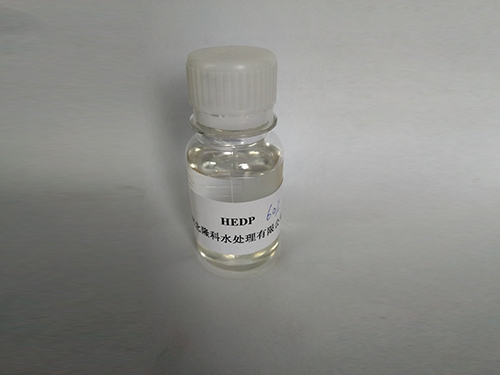function of poly aluminium chloride in water treatment
The Function of Poly Aluminium Chloride in Water Treatment
Water is an essential resource for life, supporting both ecological systems and human activities. However, the increasing rates of pollution and contamination have raised significant concerns regarding the quality of water available for consumption and agriculture. As such, various methods and chemicals have been developed to treat and purify water. One such chemical that has gained prominence in the field of water treatment is Poly Aluminium Chloride (PAC).
Poly Aluminium Chloride is a chemical compound that functions as a coagulant in water treatment processes. It is a polymeric aluminum salt that is commonly used in a variety of water treatment applications, including drinking water treatment, wastewater management, and industrial processes. The primary function of PAC in these applications is to remove suspended solids, colloids, and other impurities from water, thereby improving its clarity and quality.
Mechanism of Action
The effectiveness of PAC in water treatment can be attributed to its ability to destabilize and aggregate suspended particles in water. When PAC is added to water, it undergoes hydrolysis, leading to the formation of aluminum hydroxide, which has a positive charge. This charged hydroxide interacts with negatively charged particles present in the water, such as silt, organic matter, and microorganisms. Through a process known as coagulation, these particles are neutralized, allowing them to clump together and form larger aggregates called flocs. These flocs can then be easily removed from the water through sedimentation or filtration.
The size and density of the flocs formed with PAC are generally larger and more uniform compared to those produced with traditional coagulants, such as alum. This is particularly advantageous as it leads to more efficient settling and removal of impurities. Consequently, PAC is often preferred in water treatment facilities due to its superior performance, which results in cleaner and clearer water.
Advantages of Using Poly Aluminium Chloride
function of poly aluminium chloride in water treatment

1. Enhanced Performance PAC exhibits higher efficiency at lower doses compared to conventional coagulants. It can effectively remove turbidity and other impurities, even in water with varying pH and temperature conditions. This adaptability makes it suitable for a wide range of water sources.
2. Reduced Chemical Consumption Because of its effectiveness, PAC often requires smaller amounts for operational needs. This reduction in dosage not only lowers the cost of chemical usage but also minimizes the byproducts that need to be managed post-treatment.
3. Less Sludge Production The formation of denser and larger flocs means that PAC leads to the generation of less sludge compared to other coagulants. This is particularly important in wastewater treatment facilities, where sludge disposal is a significant operational concern.
4. Better Solubility PAC is more soluble in water than traditional coagulants, even at lower temperatures. This results in quicker and more effective dissolution in treatment processes, leading to fast reactions and improved treatment outcomes.
5. Improved Water Quality The use of PAC can lead to enhanced quality of treated water, making it more suitable for various applications, including drinking, industrial processes, and agricultural use. The reduction of harmful microorganisms through effective coagulation also contributes to improved public health.
Conclusion
In summary, Poly Aluminium Chloride plays a pivotal role in modern water treatment processes. Its functionality as a coagulant not only aids in the efficient removal of impurities but also provides several advantages over traditional coagulants. As water scarcity and quality issues continue to challenge global communities, the importance of effective water treatment chemicals like PAC cannot be overstated. By investing in advanced water treatment technologies and employing efficient coagulants, we can work towards ensuring a sustainable supply of clean and safe water for future generations. As water quality continues to be a pressing concern, embracing innovative solutions such as Poly Aluminium Chloride will be crucial in addressing these challenges head-on.
-
Water Treatment with Flocculant Water TreatmentNewsJun.12,2025
-
Polymaleic AnhydrideNewsJun.12,2025
-
Polyaspartic AcidNewsJun.12,2025
-
Enhance Industrial Processes with IsothiazolinonesNewsJun.12,2025
-
Enhance Industrial Processes with PBTCA SolutionsNewsJun.12,2025
-
Dodecyldimethylbenzylammonium Chloride SolutionsNewsJun.12,2025





